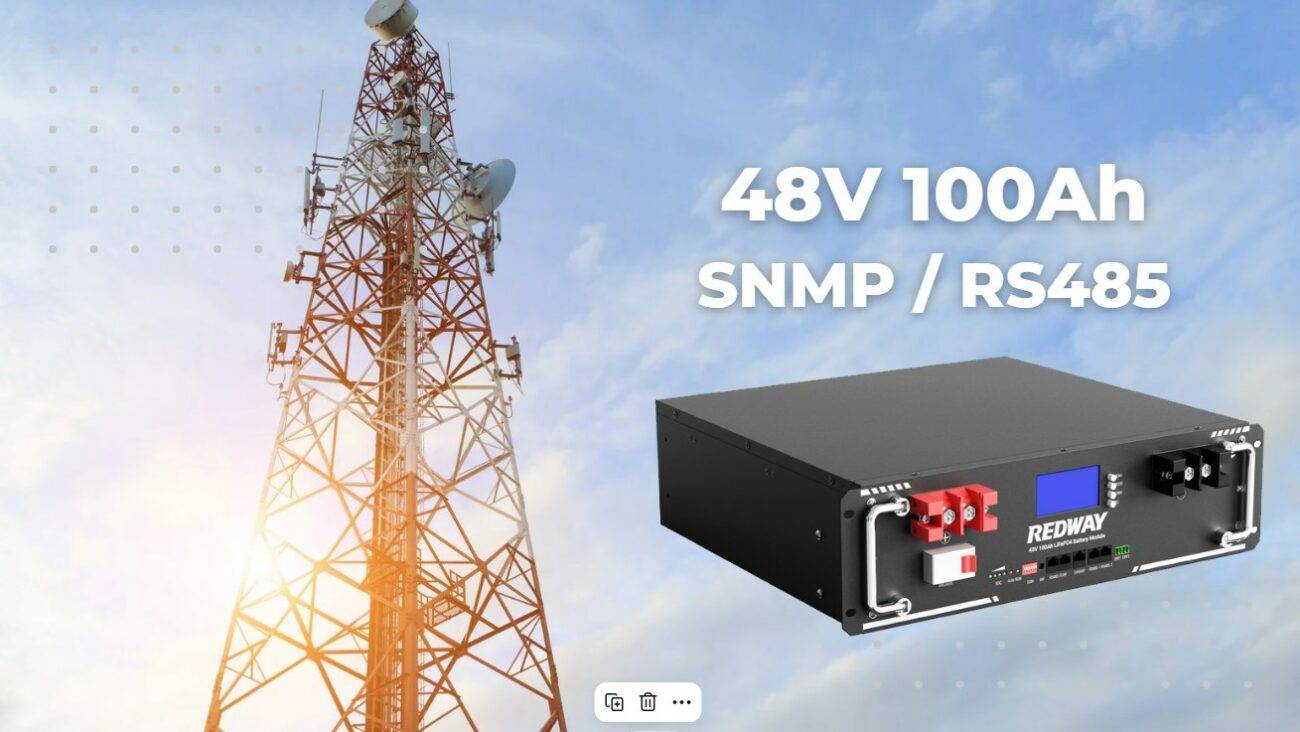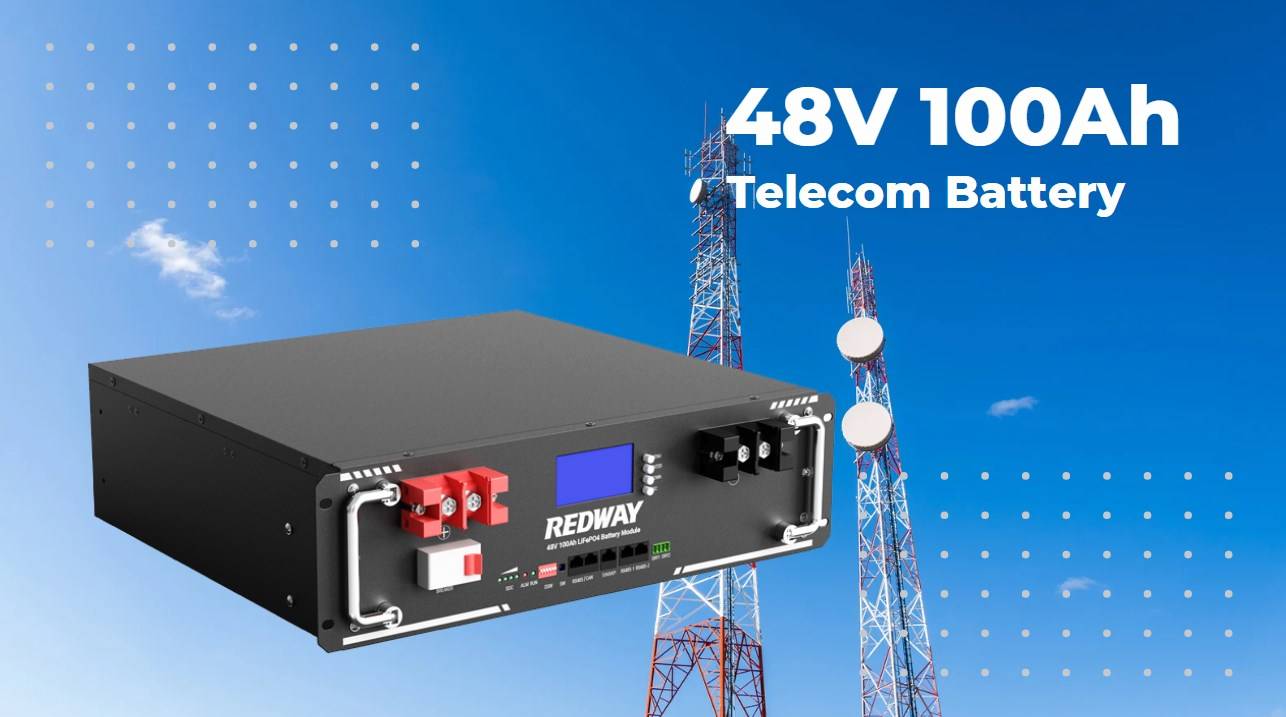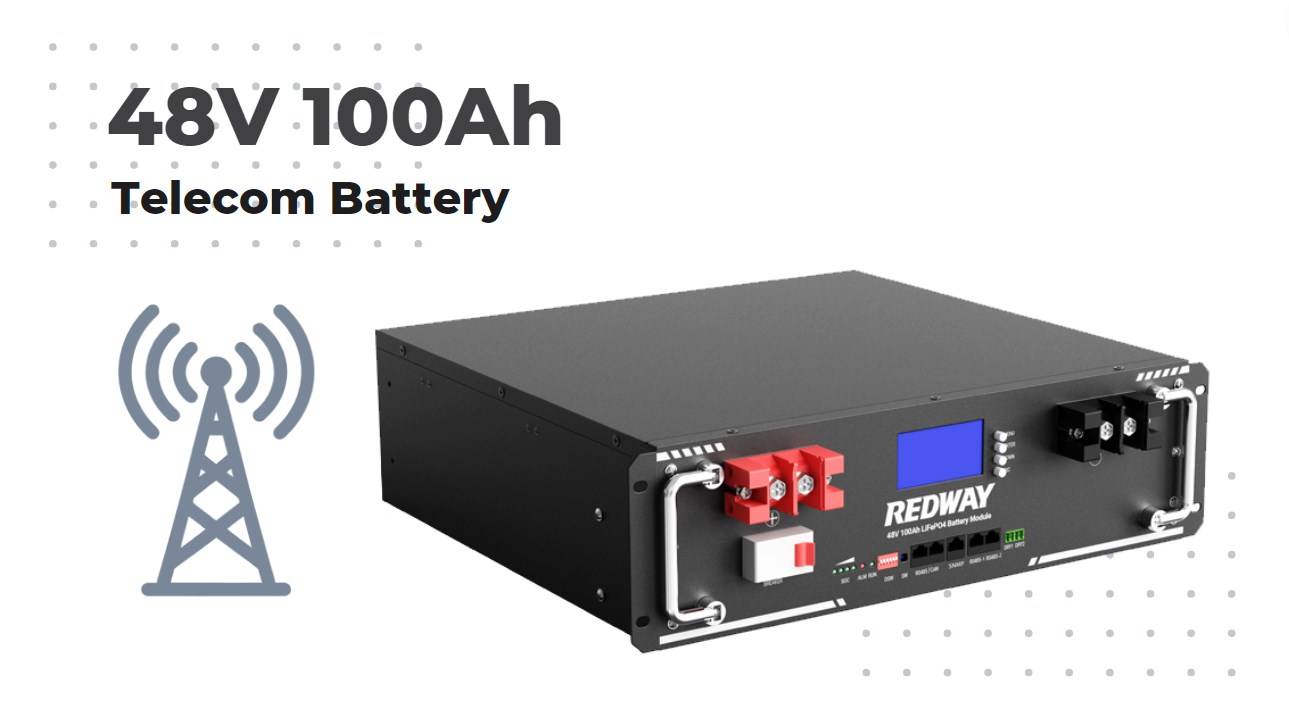- Forklift Lithium Battery
-
48V
- 48V 210Ah
- 48V 300Ah
- 48V 420Ah (949 x 349 x 569 mm)
- 48V 420Ah (950 x 421 x 450 mm)
- 48V 456Ah
- 48V 460Ah (830 x 630 x 590 mm)
- 48V 460Ah (950 x 421 x 450 mm)
- 48V 460Ah (800 x 630 x 600 mm)
- 48V 460Ah (820 x 660 x 470 mm)
- 48V 500Ah
- 48V 560Ah (810 x 630 x 600 mm)
- 48V 560Ah (950 x 592 x 450 mm)
- 48V 600Ah
- 48V 630Ah
-
48V
- Lithium Golf Cart Battery
- 12V Lithium Battery
12V 150Ah Lithium RV Battery
Bluetooth App | BCI Group 31
LiFePO4 Lithium
Discharge Temperature -20°C ~ 65°C
Fast Charger 14.6V 50A
Solar MPPT Charging - 24V Lithium Battery
- 36V Lithium Battery
- 48V Lithium Battery
-
48V LiFePO4 Battery
- 48V 50Ah
- 48V 50Ah (for Golf Carts)
- 48V 60Ah (8D)
- 48V 100Ah (8D)
- 48V 100Ah
- 48V 100Ah (Discharge 100A for Golf Carts)
- 48V 100Ah (Discharge 150A for Golf Carts)
- 48V 100Ah (Discharge 200A for Golf Carts)
- 48V 150Ah (for Golf Carts)
- 48V 160Ah (Discharge 100A for Golf Carts)
- 48V 160Ah (Discharge 160A for Golf Carts)
-
48V LiFePO4 Battery
- 60V Lithium Battery
-
60V LiFePO4 Battery
- 60V 20Ah
- 60V 30Ah
- 60V 50Ah
- 60V 50Ah (Small Size / Side Terminal)
- 60V 100Ah (for Electric Motocycle, Electric Scooter, LSV, AGV)
- 60V 100Ah (for Forklift, AGV, Electric Scooter, Sweeper)
- 60V 150Ah (E-Motocycle / E-Scooter / E-Tricycle / Tour LSV)
- 60V 200Ah (for Forklift, AGV, Electric Scooter, Sweeper)
-
60V LiFePO4 Battery
- 72V~96V Lithium Battery
- Rack-mounted Lithium Battery
- E-Bike Battery
- All-in-One Home-ESS
- Wall-mount Battery ESS
-
Home-ESS Lithium Battery PowerWall
- 24V 100Ah 2.4kWh PW24100-S PowerWall
- 48V 50Ah 2.4kWh PW4850-S PowerWall
- 48V 50Ah 2.56kWh PW5150-S PowerWall
- 48V 100Ah 5.12kWh PW51100-F PowerWall (IP65)
- 48V 100Ah 5.12kWh PW51100-S PowerWall
- 48V 100Ah 5.12kWh PW51100-H PowerWall
- 48V 200Ah 10kWh PW51200-H PowerWall
- 48V 300Ah 15kWh PW51300-H PowerWall
PowerWall 51.2V 100Ah LiFePO4 Lithium Battery
Highly popular in Asia and Eastern Europe.
CE Certification | Home-ESS -
Home-ESS Lithium Battery PowerWall
- Portable Power Stations
Maximizing Efficiency with a 48V 100Ah Telecom Battery

A 48V 100Ah telecom battery is an essential component in ensuring reliable power supply for telecommunications infrastructure. This guide explores its features, applications, and maintenance practices, providing insights into how to maximize efficiency and performance.
What is a 48V 100Ah telecom battery?
A 48V 100Ah telecom battery is a specialized energy storage solution designed to provide backup power to telecommunications equipment during outages or fluctuations in the primary power supply. With a nominal voltage of 48 volts and a capacity of 100 amp-hours, it ensures prolonged operation and reliability.Chart Title: Overview of the 48V 100Ah Telecom Battery
| Feature | Specification |
|---|---|
| Voltage | 48V |
| Capacity | 100Ah |
| Chemistry | Lithium-ion or Lead-acid |
| Lifespan | Up to +10 years |
What are the key features of the 48V 100Ah telecom battery?
Key features include:
- High Energy Density: Allows compact installations while maximizing space efficiency.
- Deep Cycle Capability: Designed for repeated discharges and charges without significant degradation.
- Built-in Battery Management System (BMS): Protects against overcharging, overheating, and short circuits.
- Compact Size: Facilitates easy installation in tight spaces.
Chart Title: Key Features of the Battery
| Feature | Description |
|---|---|
| High Energy Density | Compact design |
| Deep Cycle Capability | Long-lasting performance |
| Built-in BMS | Enhanced safety |
| Compact Size | Space-saving solution |
What applications are best suited for this battery?
The 48V 100Ah telecom battery is ideal for various applications, including:
- Telecommunication Towers: Providing backup power during outages to maintain connectivity.
- Data Centers: Ensuring continuous operation of critical systems and preventing data loss.
- Renewable Energy Systems: Storing energy from solar panels or wind turbines for use during low production periods.
Chart Title: Applications of the Telecom Battery
| Application | Description |
|---|---|
| Telecommunication Towers | Backup power for connectivity |
| Data Centers | Continuous operation |
| Renewable Energy | Energy storage solutions |
How does the 48V 100Ah battery compare to other battery types?
Compared to traditional lead-acid batteries, lithium-ion batteries like the 48V 100Ah offer superior cycle life, higher energy density, and reduced maintenance needs. While they may have a higher upfront cost, their long-term savings and performance benefits make them a more cost-effective solution.
How do environmental conditions affect the performance of telecom batteries?
Environmental factors such as temperature and humidity can significantly impact performance; extreme temperatures can reduce efficiency and lifespan. It’s crucial to select batteries that can operate effectively within local climate conditions.Chart Title: Environmental Impact on Battery Performance
| Condition | Effect |
|---|---|
| High Temperature | Accelerated degradation |
| Low Temperature | Reduced capacity |
| Humidity | Potential corrosion |
What maintenance practices extend the life of telecom batteries?
To maximize longevity:
- Regularly monitor charge levels and avoid deep discharges.
- Keep terminals clean and free from corrosion.
- Ensure proper ventilation around battery systems to prevent overheating.
- Follow manufacturer guidelines for charging cycles.
How can you optimize the efficiency of your battery system in telecommunications?
To optimize efficiency:
- Implement advanced monitoring systems to track performance metrics.
- Utilize smart charging technologies that adjust based on usage patterns.
- Regularly assess and upgrade equipment as technology advances.
Expert Views
“Investing in high-quality 48V 100Ah telecom batteries is essential not only for immediate power needs but also for ensuring long-term reliability and operational efficiency,” says John Smith, an expert in telecommunications infrastructure.FAQ Section
- Can I mix different types of batteries in my system?
It’s advisable to use similar types to avoid compatibility issues. - How often should I replace my telecom batteries?
Typically every three to five years for lead-acid; eight to fifteen years for lithium-ion depending on usage. - What should I look for when comparing suppliers?
Consider warranty terms, customer service reputation, delivery times, and pricing along with product specifications.
















